There is something so satisfying about growing your own herbs. As you sip on that glass of mint tea, just knowing that the fresh mint leaves came from your own herb garden makes it taste extra good.
One of the most important aspects of growing your own herbs is making sure that they get the right amount of water. So, how often should you water herbs? Well, that depends on a few factors that we will go into.
How Often Should You Water Herbs?
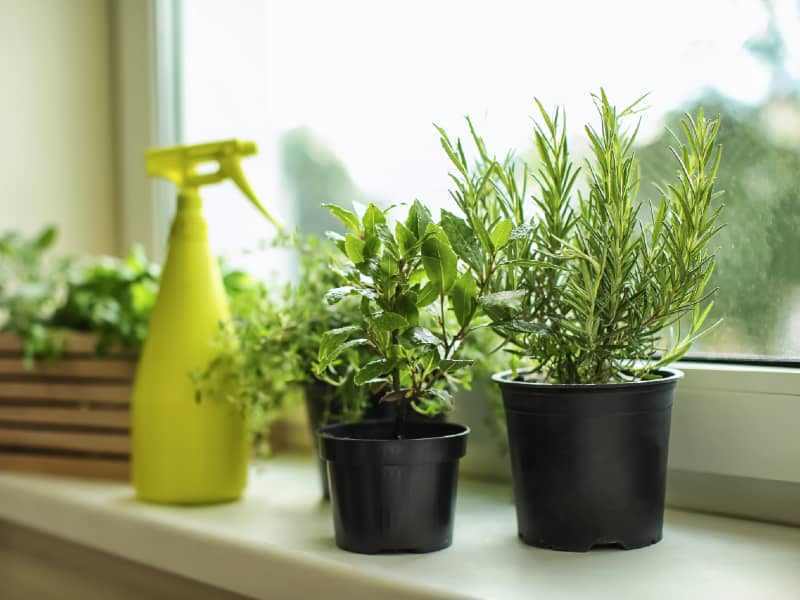
How often you need to water your herbs depends on where they are planted. If they are planted directly in the ground, twice a week will probably be sufficient.
How Often to Water Herbs in Pots
If they are growing in pots, they should be watered every 2-3 days.
The best way to check if your herbs need to be watered is to feel the soil. If the surface of the soil feels damp to the touch, it does not need to be watered yet.
If you insert a finger into the soil and it feels dry to a depth of 1 inch, your herbs need water. If the leaves look like they are starting to wilt, it is time to give them some water. They should perk up almost immediately.
To help with watering the herbs, you can look into self-watering planters that often provide just the right amount of water for them.
Do All Herbs Need The Same Amount Of Water?
These watering times are not a hard and fast rule, and there are a few exceptions to these guidelines. Some herbs need more water than others.
-
Mint
Certain herbs will do particularly well if they are planted around the base of your garden faucet. Mint, for example, is the most amazing herb. It is so easy to grow and will help to keep certain insects at bay in your garden.
There are numerous different varieties of mint, but they all have one thing in common; their fresh, minty aroma. It is such a refreshing fragrance. A few sprigs of freshly cut mint in a little vase will keep your home smelling wonderfully fresh.
Mint will flourish if planted near a water source. It loves damp soil. You can take a cutting of a small piece of mint, plant it in the soil at the base of the faucet, water it regularly, and it will multiply and grow in no time.
-
Basil
Basil is one of the most versatile herbs. It is a member of the mint family but has its own unique flavor and aroma. It lends the most delicious taste to so many different dishes. You can also harvest basil seeds at home for future basil plants.
Basil is very popular in Italian cuisine, as well as dishes from other Mediterranean areas. Pasta Napoletana just would not be the same without the special twist that basil gives to the tomato-based sauce.
Basil is very easy to grow. Like mint, it enjoys moist soil conditions. It should be watered regularly enough to ensure that the soil stays damp. If it dries out too much, the plant will dehydrate and die. Some people, however, intentionally dry basil which allows them to use the basil over longer periods of time.
-
Lemon balm.
Lemon balm is a highly aromatic herb and is a delectable addition to many dishes. It will add a unique flavor to your chicken and is also a marvelous herb to use for making tea.
The leaves of the lemon balm plant should be steeped in boiling water, then left to stand for a few minutes. The result will be a lightly aromatic, lemony-minty flavored drink that will soothe you and help you to unwind and relax.
Lemon balm is another herb that is a member of the mint family. Therefore, like mint and basil, it needs damp conditions in order to thrive.
Herbs That Need Very Little Water
Conversely, there are a few herbs that are native to extremely arid areas, and these herbs are quite drought-resistant, only requiring very little water in order to survive.
-
Lavender
Lavender is a herb that has a delightful, gentle aroma. Because of its pleasant fragrance, it is used a lot in the beauty and cosmetics industry. Many beauty products, such as hand creams, body lotions, soaps, and shampoos are made with lavender.
Lavender is known to have certain medicinal properties and is used in many herbal remedies. It is thought to be effective in the treatment of ailments like hair loss, stress and anxiety, and certain skin conditions.
Lavender is native to the very dry areas of northern Africa and needs very little water. In order for lavender to do well, it should be planted in a very sunny position, where it will flourish in the heat.
Lavender needs soil with excellent drainage. It only needs to be watered about once a week. The soil should be allowed to dry out completely before watering again.
-
Rosemary
Fresh rosemary is a fabulous way to give your cooking a special touch. It adds a richly aromatic flavor to many dishes, like roasted chicken or lamb.
Rosemary tree is a herb that grows particularly well in dry conditions because it does not need much water. It should only be watered about once a week, with the soil being allowed to dry fully in between.
When Should You Water Your Herbs?
When herbs are watered, they need time for the water to penetrate down to the roots. Therefore, the best time of day to water is early in the morning, before 10:00 am. This will allow the water to sink deep into the soil.
If you water the herbs closer to the midday heat, the water will evaporate from the surface of the soil, before it has time to reach the roots. If the roots are not able to absorb enough water, the plant will not do well at all.
Is It Possible To Overwater Herbs?
Yes! Everyone knows that plants need water to survive. Even plants like succulents, which are used to very arid conditions, still need a certain amount of water to survive. But, sadly, many people are under the impression that if a little water is good for a plant, then a lot will be better. Nothing could be further from the truth.
Overwatering is just as detrimental to a plant as underwatering is. It is definitely possible to overwater herbs, and this will be very harmful to them. If you notice that the leaves are starting to turn brown, and they are going soft and mushy, the plant is probably getting too much water.
Overwatering will mean that the roots are constantly wet. If they are not given enough time to dry out after watering, they will start to rot.
When determining how often you should water herbs, consider what type of herbs you are growing. Some herbs need more water than others, but none of them should be given too much water.

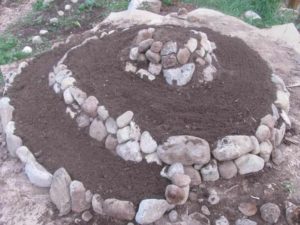
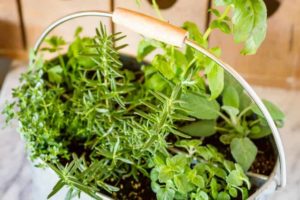
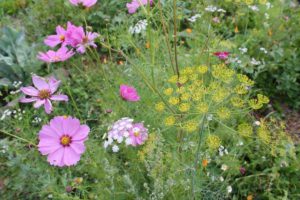
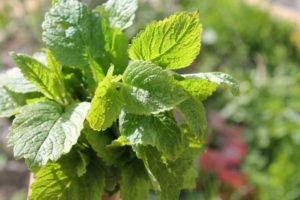
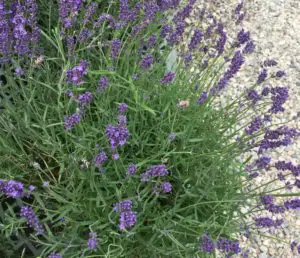
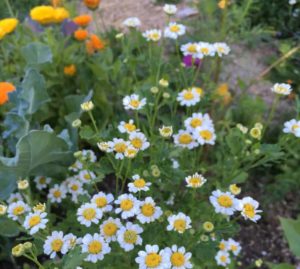
Now, that’s what called Perfection. Keep up!!
Great information. Thanks!